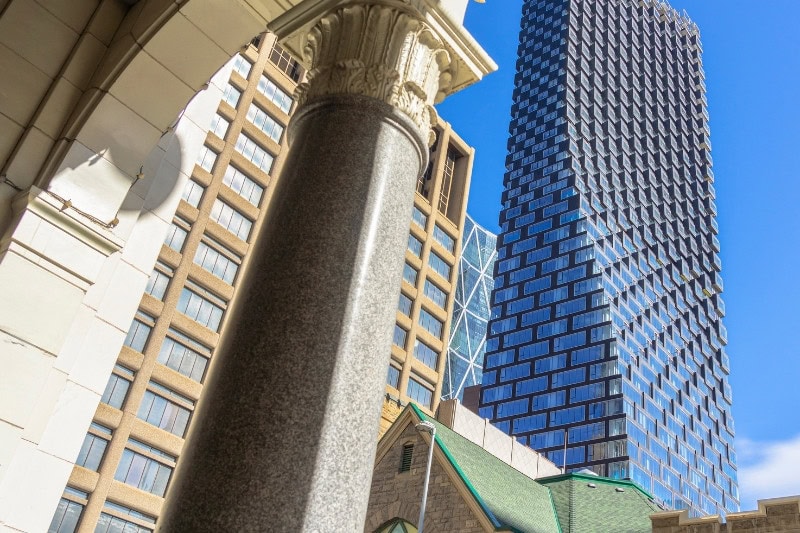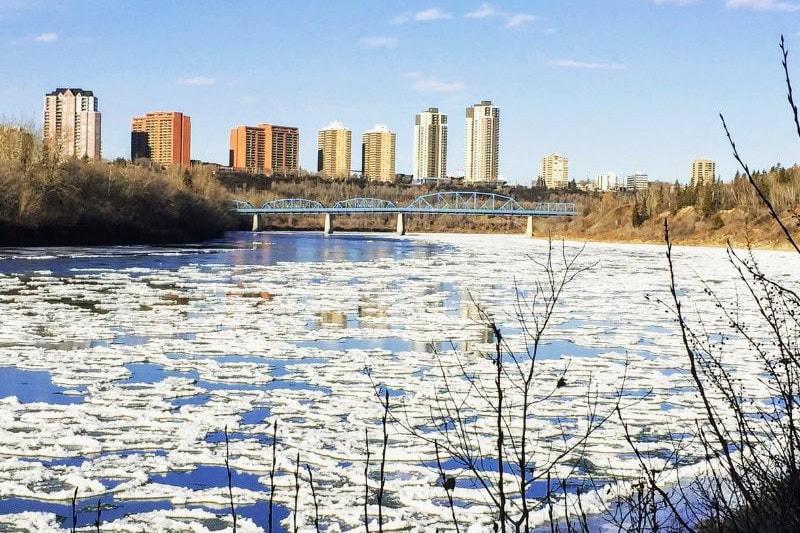What is the minimum wage in Vancouver? This question is not only pivotal for workers and employers but also crucial for anyone engaged in the economic and social fabric of this bustling city. The minimum wage acts as a key barometer for assessing how well the local economy supports its lowest earners, balancing the dynamics between business prosperity and economic growth. In this blog post, we will explore the current minimum wage in Vancouver, trace its historical changes, and compare it with the wage policies of other Canadian cities. Additionally, we will scrutinize how the minimum wage stacks up against Vancouver’s cost of living, its impact on various industries, and what future adjustments might be anticipated under shifting government policies.
Understanding the minimum wage in Vancouver is essential for a wide range of stakeholders, from policymakers and business owners to workers and advocacy groups. By the end of this post, you’ll have a thorough understanding of how minimum wage regulations are influencing both the day-to-day and broader economic strategies in one of Canada’s most prominent cities.
Current Minimum Wage in Vancouver
As of the latest update, what is the minimum wage in Vancouver? The city, adhering to British Columbia’s provincial standards, has set its minimum wage at $15.65 per hour, effective as of June 1, 2021. This rate represents an ongoing effort to ensure that wages keep pace with the cost of living, providing a basic income threshold for thousands of workers in the region.
The implementation of this rate was part of a planned series of increases that the British Columbia government initiated in 2018. The goal was to gradually elevate the minimum wage from $11.35 to over $15 per hour, a significant uplift aimed at improving living standards for hourly wage earners. Each increment was carefully scheduled to allow businesses to adapt to the wage hikes without causing undue economic strain.
This wage applies uniformly across various sectors, irrespective of the size of the business or the age of the worker. It is also important to note that this rate is a gross amount, from which deductions like federal and provincial taxes, as well as Employment Insurance and Canada Pension Plan contributions, are taken. Consequently, the net take-home pay for workers at this wage level may be considerably less, affecting their overall economic stability.
The current minimum wage in Vancouver not only influences the lives of many workers but also serves as a benchmark for wage negotiations in various employment sectors. It plays a crucial role in shaping the employment landscape, influencing everything from job availability to employee retention and business operational strategies.

Historical Overview of Minimum Wage Changes
The journey of minimum wage adjustments in British Columbia, and specifically in Vancouver, tells a story of progressive economic policy aimed at balancing worker welfare with economic health. Understanding the historical evolution of “what is the minimum wage in Vancouver” offers insight into the shifting dynamics of labor laws and economic strategies in the region.
The minimum wage in Vancouver has seen several adjustments over the past decades. From a mere $3.00 per hour in the early 1980s, the rate has climbed steadily in response to rising living costs and the economic demands of the city. The significant turning point came in 2011 when the government, recognizing the need to better support low-income workers amidst soaring living expenses, proposed a series of increases that would lift the wage from $8.00 to $10.25 over two years.
Following this, the push for a “living wage” gained momentum among advocacy groups, prompting the government to adopt a more structured approach to wage increases. In 2018, a new plan was set into motion to raise the minimum wage incrementally each year until it surpassed the $15.00 mark in 2021. This strategy was not merely an adjustment to inflation but a concerted effort to improve the standard of living for the lowest earners in the workforce.
These changes were often met with mixed reactions. While workers and labor groups advocated for quicker and higher increases to match other high-cost regions in Canada, employers, especially small business owners, expressed concerns about the potential impacts on hiring, pricing, and overall business sustainability.
Today, the historical perspective on “what is the minimum wage in Vancouver” provides a clear illustration of how minimum wage policies are integral to economic strategy and labor market health in the city. The narrative continues as stakeholders watch closely how these policies adapt to the ongoing economic challenges and opportunities.

Comparison with Other Canadian Cities
When considering “what is the minimum wage in Vancouver,” it’s instructive to look at how it stacks up against other major Canadian cities. This comparison not only highlights regional economic differences but also illustrates the diverse approaches to wage policies across the country.
Let’s take a look of the Minimum Wage Comparison below:
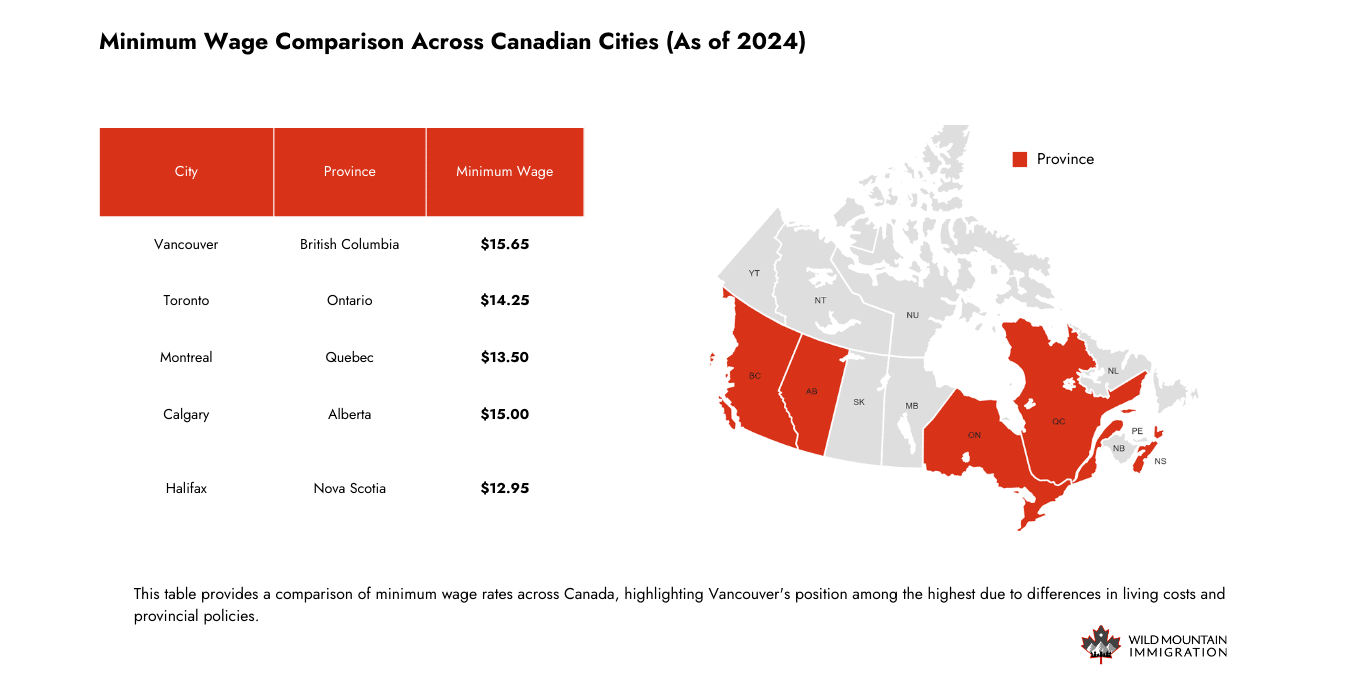
Immigration news directly into your inbox
Living Costs vs. Minimum Wage in Vancouver
Vancouver’s high cost of living is a well-known challenge, especially for those earning minimum wage. This raises the question: what is the minimum wage in Vancouver? To understand this dynamic, we’ll delve into the primary expenses faced by Vancouver residents and compare them to the minimum wage income. This will shed light on the difficulties of affording a basic lifestyle in Vancouver.
- Housing: The most significant expenditure. The average rent for a one-bedroom apartment in the city center can exceed $2,000 per month.
- Food: Basic groceries for a single person may cost around $300 monthly.
- Transportation: A standard public transit pass is approximately $100 per month.
Narrative Analysis
The narrative around “what is the minimum wage in Vancouver” often centers on whether it sufficiently covers the basic costs of living. Despite the wage increases, many workers find themselves struggling to make ends meet without additional income sources or financial support. This situation sparks an ongoing debate about the adequacy of the current wage levels.
Summary Points
- Economic Strain: The gap between the minimum wage and living costs continues to be a significant concern.
- Policy Recommendations: Advocates push for policies that better align the minimum wage with the real cost of living, potentially including region-specific adjustments.
Impact on Workers and Industries
The increase in what is the minimum wage in Vancouver has had varying impacts across different sectors. In industries such as hospitality and retail, which traditionally employ a significant number of minimum wage workers, businesses have responded by adjusting work hours and increasing product prices. This response aims to balance the higher labor costs associated with the recent increase in the minimum wage while maintaining service levels. According to a recent survey, approximately 30% of small business owners in these sectors report having to modify their operations significantly to accommodate the higher wage rates.
On the worker side, the increase has generally been positive, providing a much-needed boost in income. For example, Maria, a cleaner in Vancouver, notes that the wage hike has tangibly improved her financial stability, although she still struggles with the city’s high cost of living. Economic analysts highlight the potential long-term benefits of these increases, such as reduced employee turnover and greater consumer spending due to the improved income of minimum wage earners. However, they also caution that continuous monitoring and flexible policy adjustments are essential to ensure that the minimum wage increases do not negatively impact the economic health of small businesses.
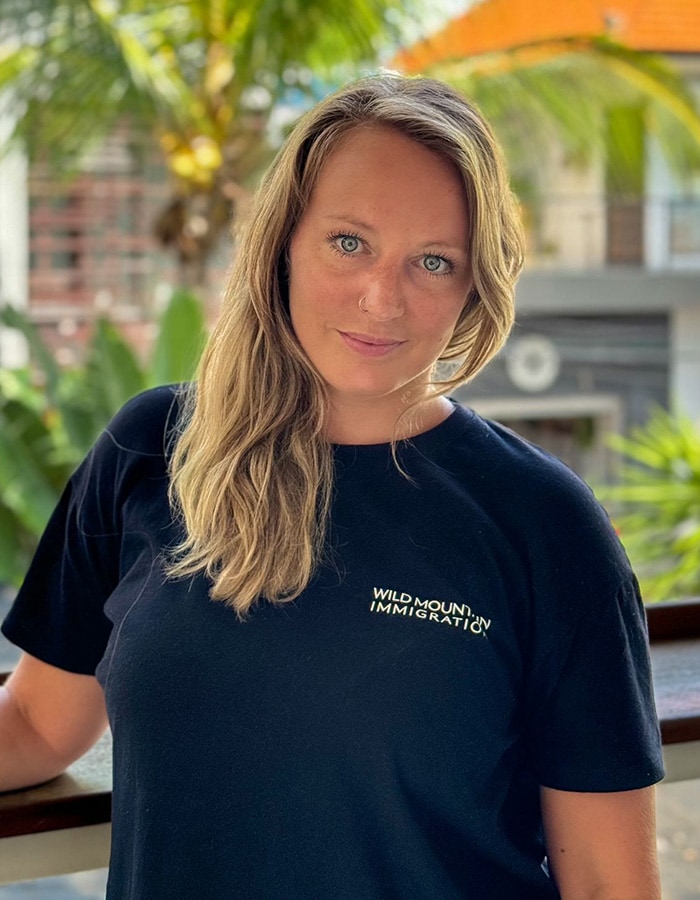
Canadian Immigration Consultant
Need help with your immigration journey in Vancouver?
Our professional team provides personalized support to guide you through the complex process. From work visas to permanent residency, let us help you achieve your goals.
Government Policies and Future Projections
The provincial government of British Columbia actively reviews and adjusts what is the minimum wage in Vancouver to respond to economic and living cost changes. This strategy is part of a wider commitment to promote economic stability and reduce income disparity throughout the region. By periodically reassessing what is the minimum wage in Vancouver, the government aims to ensure it remains a livable wage for workers while considering the needs of local businesses.
Future Initiatives
- Annual CPI Adjustments: Discussions are underway to link future minimum wage increases to the Consumer Price Index, ensuring they reflect economic conditions.
- Support for Affected Industries: The government is exploring measures to provide targeted support to industries, such as small businesses and seasonal sectors, which are most impacted by wage increases.
Policy Timeline
- 2021: Implemented current minimum wage rate of $15.65.
- 2022: Review and potential adjustment based on economic data.
- 2023 and Beyond: Continued adjustments and expanded worker protections under consideration.
Upcoming Labor Reforms
In addition to wage adjustments, the government is contemplating broader labor reforms that could significantly influence overall compensation practices, including enhanced worker protections and benefits.
This multi-faceted approach to policy-making reflects a commitment to a balanced economic environment where both workers’ welfare and business viability are considered. These policies and projections are vital for shaping a sustainable economic future in Vancouver.
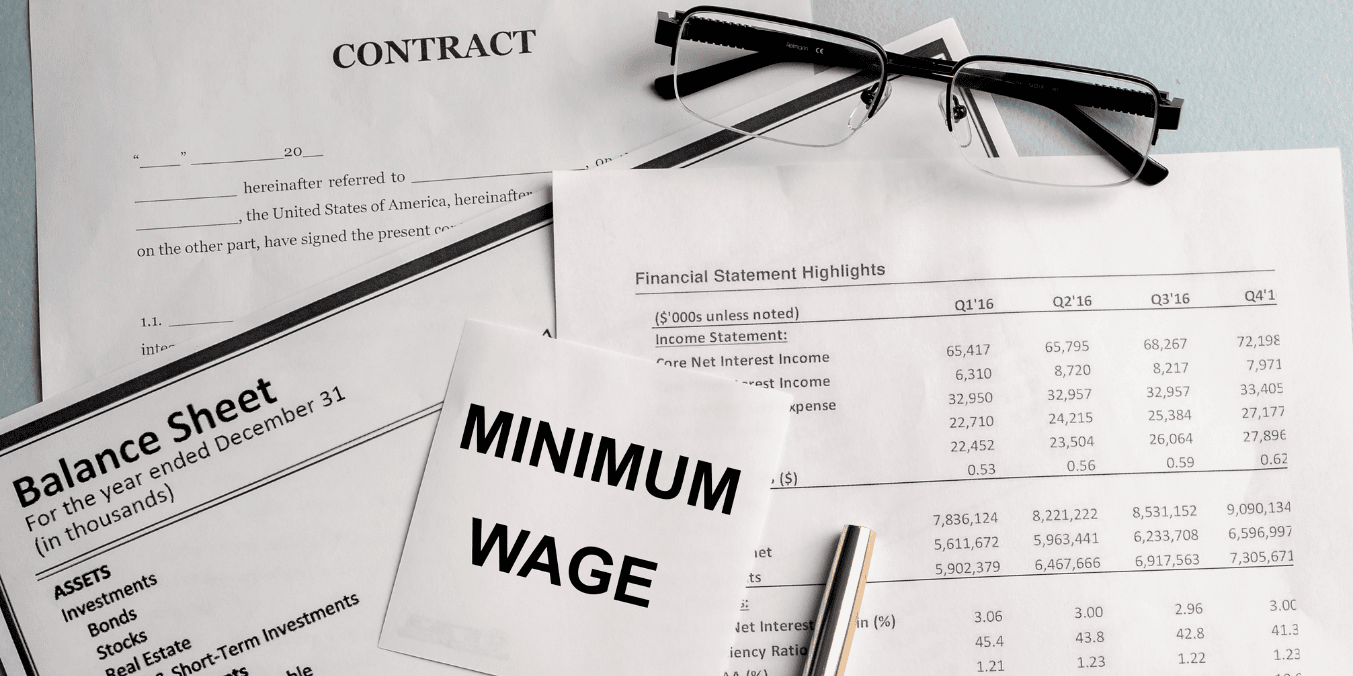
Immigration news directly into your inbox
Conclusion
The question, “What is the minimum wage in Vancouver?” opens up a broad discussion on economic stability, worker welfare, and business viability in one of Canada’s most vibrant cities. As we’ve explored, the minimum wage in Vancouver currently stands at $15.65 per hour, reflecting a progressive effort to support low-income workers amidst the city’s high living costs. This rate, while helping to address some immediate financial challenges, continues to be a topic of dynamic debate concerning its adequacy and impact.
Historical changes and comparisons with other Canadian cities underscore Vancouver’s commitment to maintaining a competitive minimum wage. Yet, the ongoing struggle between living expenses and wage levels highlights the need for continuous policy innovation. The government’s approach, which includes linking future increases to the Consumer Price Index and providing targeted support for affected industries, shows a proactive stance towards adapting to economic shifts.
Moving forward, the interplay of government policies, economic conditions, and advocacy will shape the future landscape of minimum wage in Vancouver. It is imperative for all stakeholders—policymakers, business owners, and workers—to engage in this dialogue, ensuring that the evolution of minimum wage policies promotes a healthy balance of economic growth and social equity.
As Vancouver continues to navigate these challenges, the outcomes will not only influence the local economy but also serve as a model for other regions grappling with similar issues. The city’s journey with minimum wage adjustments offers valuable lessons on the complexities of economic policy in urban settings.
Frequently Asked Questions
Who Has the Highest Minimum Wage in Canada?
As of 2024, Alberta and Saskatchewan have the lowest minimum wage at $15 per hour, increasing to $16 in Saskatchewan on Oct. 1st.
What Is Vancouver's Minimum Wage per Hour?
The current minimum wage in Vancouver is $15.65 per hour, in line with British Columbia’s provincial standards.
What Is the Cheapest Minimum Wage in Canada?
As of 2024, Alberta and Saskatchewan have the lowest minimum wage at $15 per hour, with Saskatchewan’s rate increasing to $16 per hour on October 1st. Additionally, Canada has a federal minimum wage of $17.30 per hour, which applies to certain workers depending on their job.
Which Province in Canada Pays the Highest Salary?
Alberta is known for having some of the highest average salaries in Canada, particularly in sectors like oil and gas.
Julce
Julce is an expert content writer specializing in topics about Canada, adept at blending practical advice with engaging stories that capture Canadian life.
Learn more about Vancouver
You will find helpful information about setting up in this vibrant and lively city.
Vancouver Social Groups: Connect, Network, and Build Friendships
Discover how Vancouver social groups can help you connect, network, and build lasting friendships in this vibrant city.
Moving to Calgary from Vancouver: What You Need to Know
Moving to Calgary from Vancouver brings new opportunities with its growing economy and affordable living. This guide provides essential tips to help you transition smoothly and enjoy your new city.
Edmonton vs Vancouver: West Coast or Prairie Cities?
Deciding between Edmonton vs Vancouver? Explore the unique lifestyles, attractions, and affordability of Canada's West Coast dream and Prairie metropolis!
Start Your Canadian Immigration Journey
Our experts make the process clear, stress-free, and successful, so you can move forward with confidence and focus on what matters most.

Get Started Today
"*" indicates required fields


